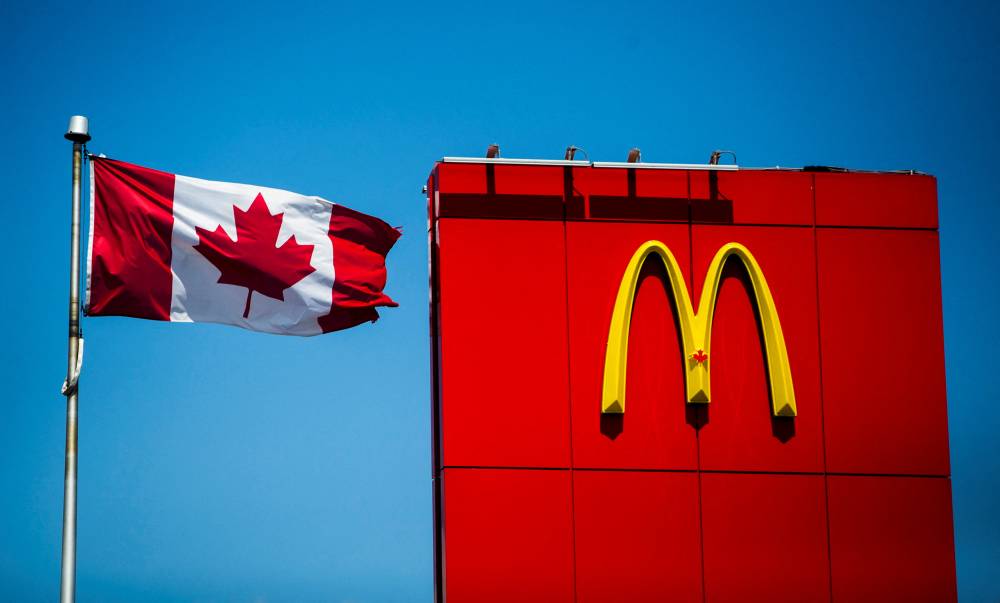Canada to allow fewer temporary foreign workers

OTTAWA—Canada will allow in fewer temporary foreign workers under tightened rules announced Monday, part of a turnaround in its generous immigration policy that has resulted in an unwieldy surge of newcomers.
The rules include reinstituting a ban on temporary foreign worker permits for low-wage jobs in cities with an unemployment rate of 6 percent or higher.
Canada has recently seen its highest population growth in more than half a century, buoyed by immigration.
As the country’s population pushed past 40 million, it meanwhile saw a spike in unemployment.
Migration rules must make “sense in the current economy for Canadians, but also for the job market as it continues to constrict,” immigration minister Marc Miller told a news conference.
Fewer by 65,000Alongside a cap on temporary migrants unveiled in March, a total of 65,000 fewer temporary foreign workers per year will be allowed into the country.
That cap reduced temporary migrants’ share of the population from 6.2 to 5 percent.
Ottawa had agreed to demands from businesses to increase access to the temporary foreign worker program as companies struggled to fill job vacancies when the economy took off after Covid-19 pandemic restrictions.
The government responded by nearly doubling the number of temporary foreign workers admitted into the country, and expanded its rules to allow for sectors such as fast-food. Previously most were brought in to work in the agricultural industry.But Canada’s unemployment rate over the past year surged to 6.4 percent and the population spike put intense pressure on housing and social services.
“We want to make sure that Canadians have access to those jobs” and stamp out abuses in the temporary foreign worker program, commented jobs minister Randy Boissonnault.
Among the new rules announced Monday, permits for low-wage jobs will be issued for only one year, down from two years.
The agriculture, health care and construction sectors will be exempt.
In January, Ottawa also announced a cap on international students, saying it was being used as a backdoor entry to Canada. —AFP
AFP is one of the world's three major news agencies, and the only European one. Its mission is to provide rapid, comprehensive, impartial and verified coverage of the news and issues that shape our daily lives.

















